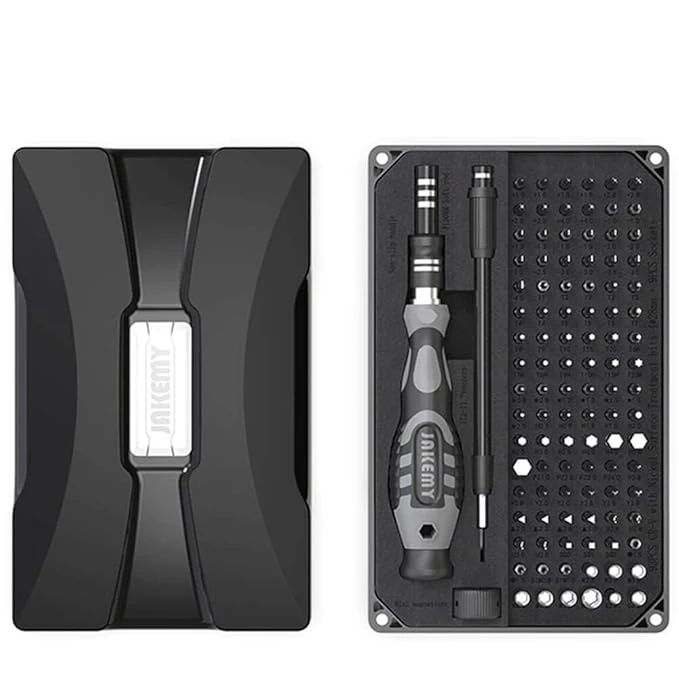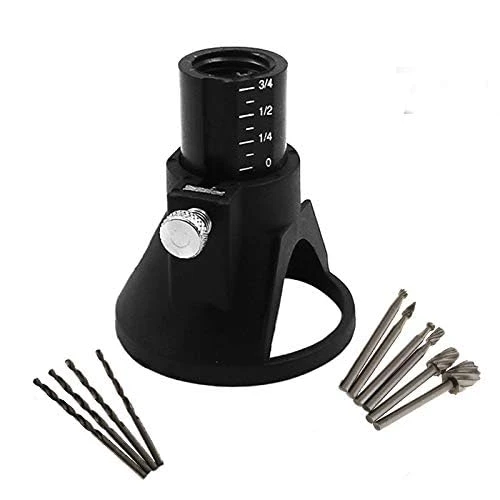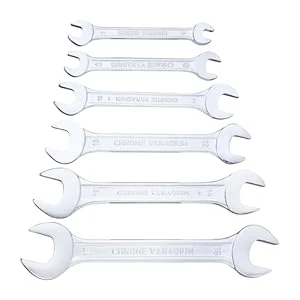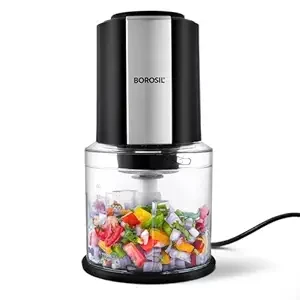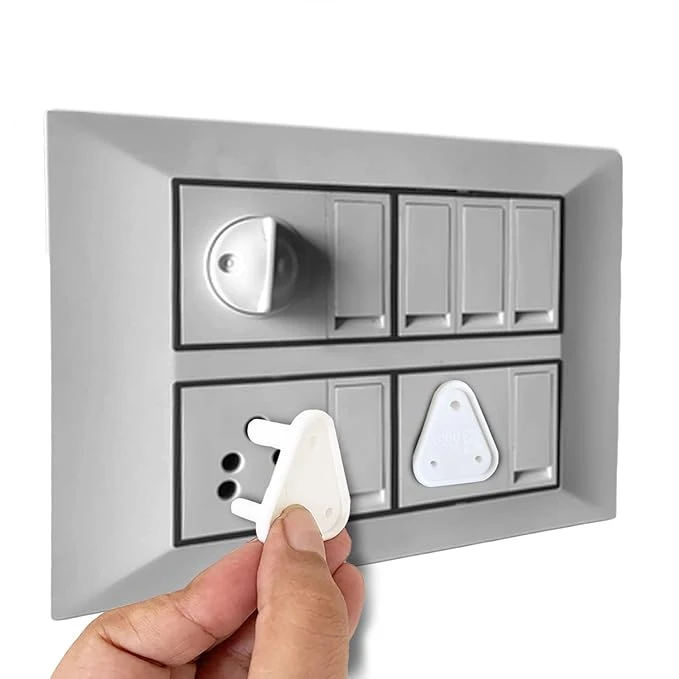
Soil sensors are advanced electronic devices used to measure critical soil parameters like moisture, temperature, pH, nutrient levels (nitrogen, phosphorus, potassium), and salinity. These sensors provide real-time data that helps farmers make precise decisions regarding irrigation, fertilization, and crop management. By monitoring soil moisture levels, for example, farmers can optimize irrigation schedules, preventing water wastage and ensuring crops receive the right amount of water. pH and nutrient sensors help farmers adjust soil conditions, ensuring plants can absorb essential nutrients efficiently. These sensors can be integrated with automated irrigation and fertilization systems, creating a more efficient, precision farming approach. By utilizing soil sensors, farmers can reduce input costs, enhance crop yields, and minimize environmental impact. This technology plays a crucial role in sustainable agriculture, promoting healthier soil, reducing water consumption, and improving resource management. Regular soil sensor monitoring leads to smarter farming practices and better long-term crop production.
No review given yet!
 Fast Delivery all across the country
Fast Delivery all across the country
 Safe Payment
Safe Payment
 7 Days Return Policy
7 Days Return Policy
 100% Authentic Products
100% Authentic Products
